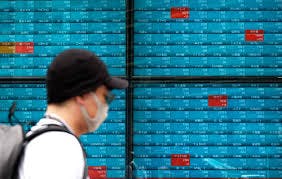 CNN
CNN
Wall Street's party is over. Coronavirus fears are back
The runaway train on Wall Street has been derailed by a force nearly as powerful as easy money: a healthy dose of reality.
The Dow plunged 1,862 points, or 6.9%, on Thursday in the biggest selloff since March 16. Even the previously red-hot Nasdaq tumbled 5.3% back below the 10,000 level.
The sharp selling was driven in large part by fears of a resurgence of the coronavirus pandemic that wrecked the economy. Several US states that reopened weeks ago are now reporting rising infections and hospitalizations.
Read more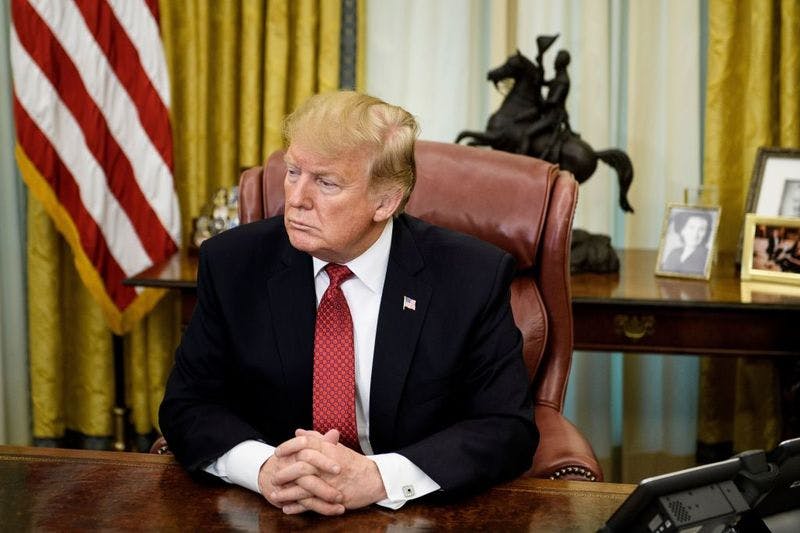 CNBC
CNBC
White House, GOP push coronavirus relief talks to late July, sources say
White House and Republican negotiators are not planning to hold formal negotiations on a fourth coronavirus stimulus package until late July, when Congress returns from recess, according to two senior administration officials and two senior GOP aides.
The Senate and House of Representatives are scheduled to return to Washington on July 21, after two weeks working and campaigning in their home districts, and 10 days before certain critical programs under the CARES Act, like increased unemployment insurance payments, are set to expire.
Read more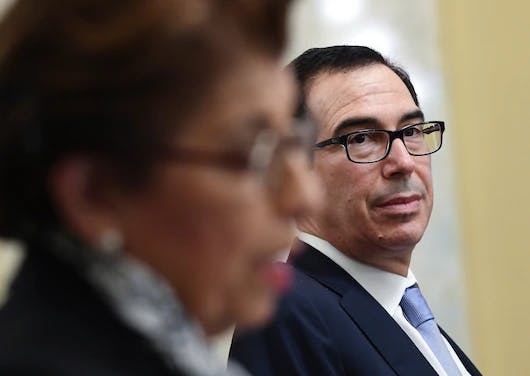 Washington Post
Washington Post
Trump administration won’t say who got $511 billion in taxpayer-backed coronavirus loans
Federal officials responsible for spending $660 billion in taxpayer-backed small-business assistance said Wednesday that they will not disclose amounts or recipients of subsidized loans, backtracking on an earlier commitment to release individual loan data.
The Small Business Administration has previously released detailed loan information dating to 1991 for the federal 7(a) program, a long-standing small-business loan program on which the larger Paycheck Protection Program is based.
Read more Bloomberg
Bloomberg
Extraction Gives Executives Bonuses Ahead of Possible Default
Extraction Oil & Gas Inc. plans to pay 16 executives and senior managers a total of $6.7 million in return for staying with the Colorado-based driller ahead of a possible default on its bond payments.
Rank-and-file employees may receive a cash payment equivalent to their target 2020 pay, the Denver-based company said in a statement Thursday. The payments will help “maintain the stability and cohesion of our workforce,” it said.
Extraction didn’t make an interest payment on its bonds last month, indicating severe financial stress, as oil prices plunged earlier this year.
Read more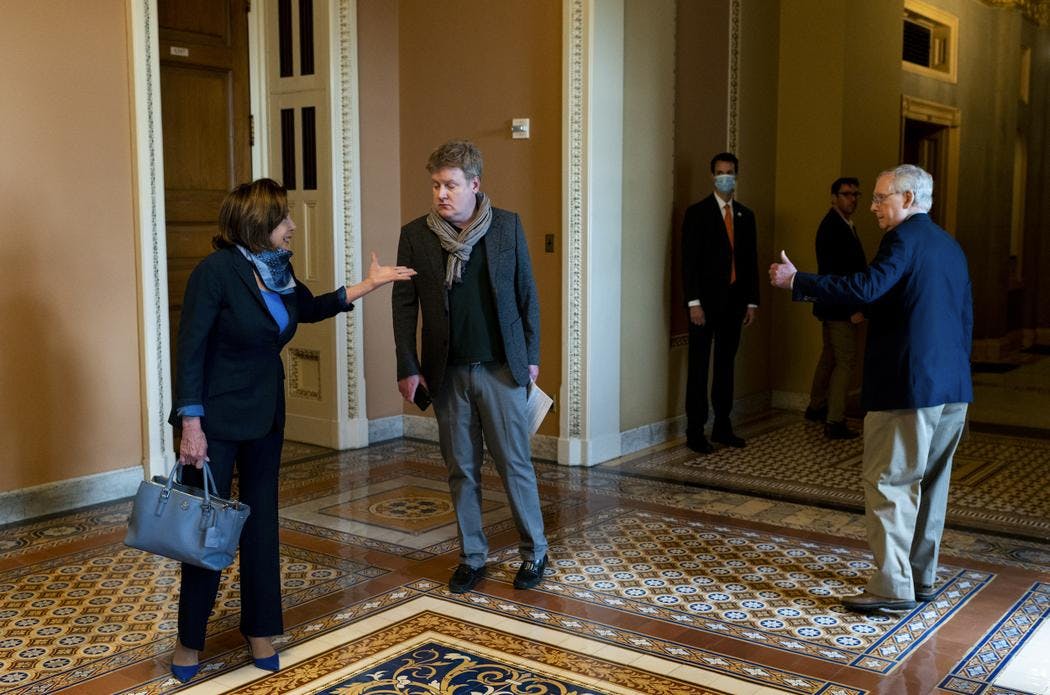 The American Prospect
The American Prospect
The Case of the Missing Bailout Oversight Panel Chair
The CARES Act was signed into law 76 days ago, on March 27. It included the Congressional Oversight Commission, the only such panel established in the bill where Donald Trump didn’t handpick the members. We’ve seen how the coalitions of inspectors general, who Trump has been firing left and right, have been working out: a new member of one of those entities flat out said “I can’t speak negatively about the president” in an interview with ProPublica.
So if we’re going to get much oversight, particularly of the bailout aspects of the CARES Act it’s probably going to come from the Congressional Oversight Commission, which specifically was charged with monitoring the Federal Reserve’s $4.5 trillion money cannon. There are supposed to be five members on the commission; one chosen by each leader in the House and Senate, and a fifth, the chair, chosen by mutual agreement between Nancy Pelosi and Mitch McConnell.
Read more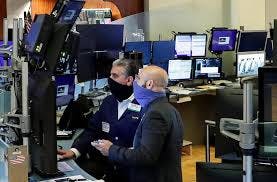 Reuters
Reuters
Global stocks tumble, safe-haven assets rally on downbeat Fed outlook
Global equity markets fell sharply on Thursday in their worst sell-off since markets crashed in mid-March, while safe-haven assets rose after the Federal Reserve’s sobering outlook cast doubt on hopes for a V-shaped recovery from the coronavirus pandemic.
All three major U.S. stock indexes fell by more than 5%, Asia’s 10-day winning streak ended [.T] and major European bourses declined roughly 4%. The decline ended a recent rally that had recouped much of the market’s deep losses and pushed the Nasdaq to record highs earlier this week.
Read more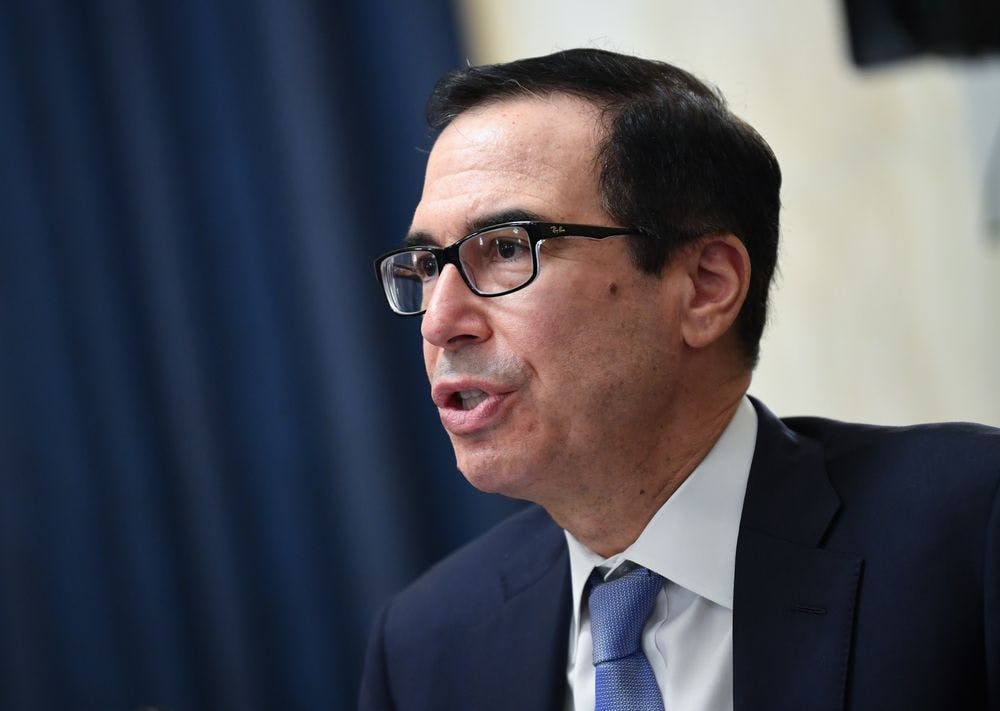 Bloomberg
Bloomberg
Mnuchin Says Names of Small-Business Borrowers Won’t Be Released
The Trump administration doesn’t plan to release details about companies that received billions of dollars through a high-profile federal coronavirus-relief initiative, Treasury Secretary Steven Mnuchin said this week -- reversing earlier guidance.
The Trump administration believes names of borrowers from the Paycheck Protection Program and the amounts they receive are “proprietary,” and “confidential” in many cases, Mnuchin said Wednesday during a Senate committee hearing.
Read more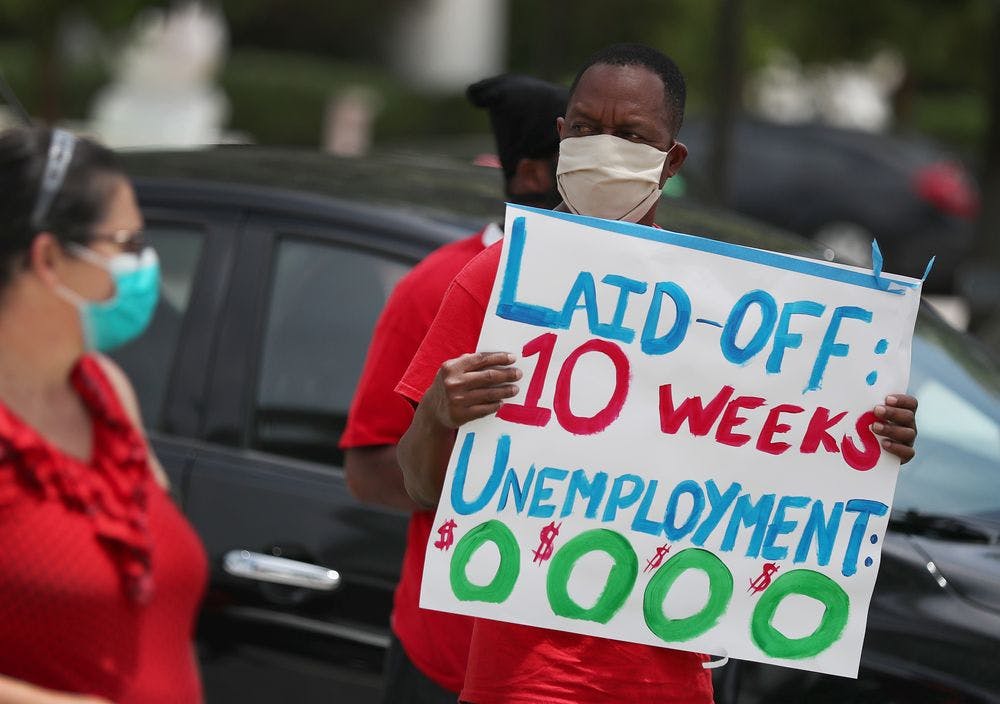 Bloomberg
Bloomberg
OPINION: The Fed Is Choosing Banks Over People
The U.S. Federal Reserve has two congressionally mandated objectives: maximum employment and stable prices. Yet the central bank’s latest economic projections, released this week, suggest it won’t meet either of those goals in the next year and a half.
The Fed has the resources to do better. It should use them.
The Fed projects that the unemployment rate will fall slowly back to 5.5% by the end of 2022 – still well short of what most economists consider to be maximum employment (which I estimate at 3.5%). Over the same period, it expects inflation to remain below 2%, its definition of stable prices – and Chair Jerome Powell hinted in his press conference that the path back to the 2% target might be very long indeed.
Read more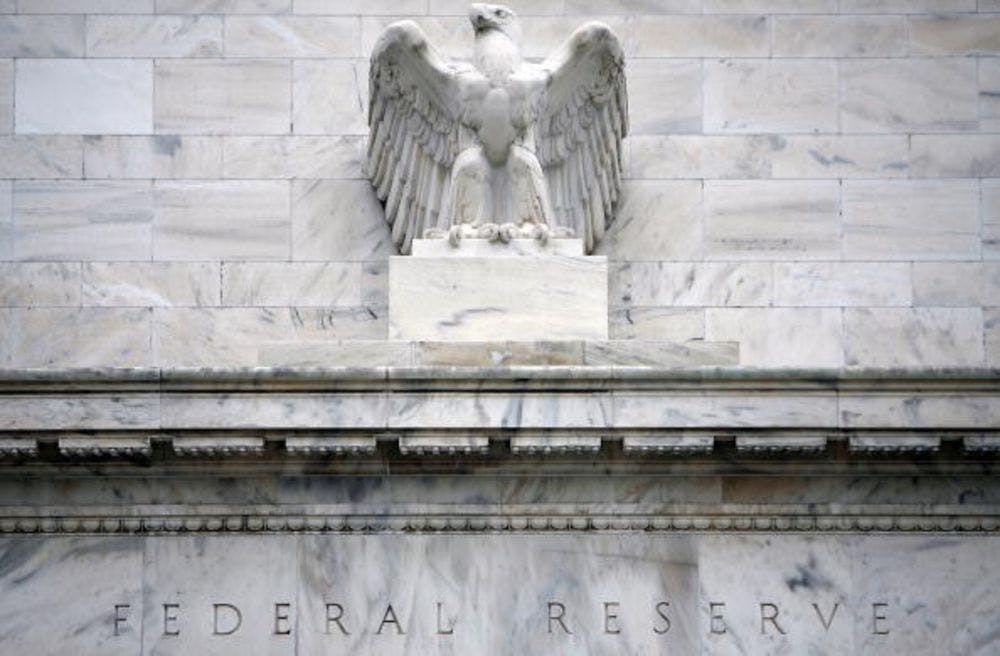 Bloomberg
Bloomberg
OPINION: Blame the Fed for the Disconnect in Markets
British economist Charles Goodhart observed in the mid-1970s that “when a measure becomes a target, it ceases to be a good measure.” Some 45 years later, Goodhart’s Law is at the center of a fierce debate in financial markets over whether governments and central banks turned riskier assets such as equities into targets. And if so, are markets no longer measures of the economy?
Small investors seem to have figured out that the Federal Reserve has, indeed, targeted markets through its unprecedented stimulus programs. They know that markets are now designed for investors to win, as evidenced by the S&P 500 Index’s about 43% gain since late March despite the worst economic recession since the Great Depression.
Read more